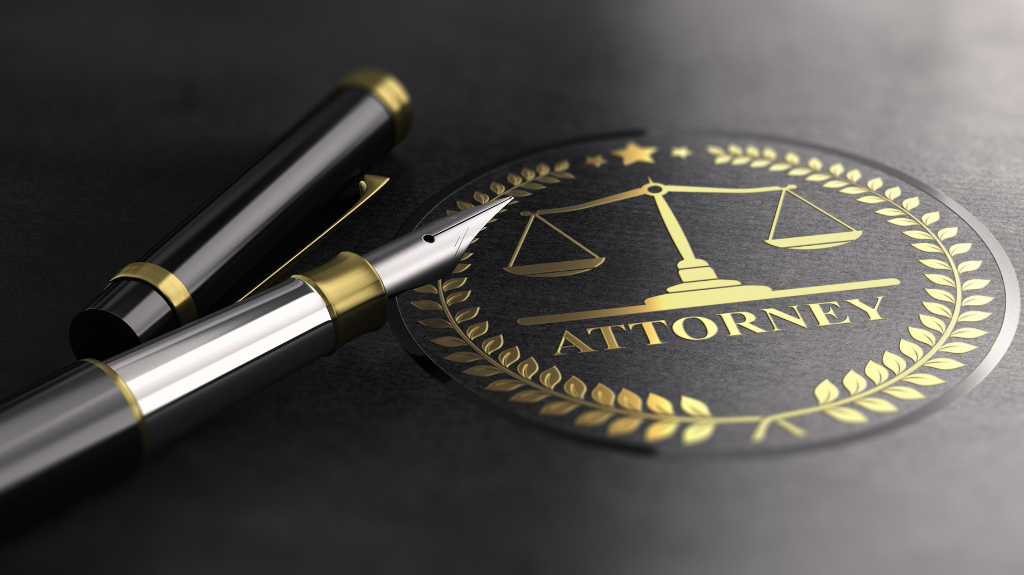Introduction
The legal profession, with its complex web of rules and ethical standards, demands unwavering adherence to principles that ensure justice and integrity. Unfortunately, attorneys, like any professionals, may occasionally find themselves on the wrong side of the ethical line, facing potential disciplinary actions. In this extensive exploration, we will delve into the common missteps that can lead to attorney discipline, shedding light on actions that may trigger bar complaints and the initiation of the attorney grievance process in Washington, D.C. and exploring the consequences of such missteps. Whether you are seeking insights into attorney grievances or are curious about the disciplinary landscape, this blog aims to demystify the pitfalls that attorneys should be mindful of to maintain ethical standards.
Understanding Attorney Discipline
Attorney discipline is a regulatory mechanism designed to ensure that legal professionals adhere to ethical standards and maintain the public’s trust. The “Attorney Grievance Process in Washington, D.C.” is a structured procedure through which complaints against attorneys are investigated and, if necessary, disciplinary actions are taken. It is crucial for attorneys to comprehend the common missteps that can lead to disciplinary measures to safeguard their professional standing and the reputation of the legal profession as a whole.
Common Missteps Leading to Attorney Discipline
Breach of Client Confidentiality
One of the most severe missteps an attorney can make is a Rule 1.6 breach of client confidentiality. Sharing privileged information without the client’s consent not only violates ethical standards but also undermines the trust upon which the attorney-client relationship is built. Such breaches can trigger the “Attorney Grievance Process” and lead to severe disciplinary actions.
Conflict of Interest
Failing to manage conflicts of interest is a misstep that can have serious repercussions. Whether it involves representing clients with conflicting interests or taking on cases that compromise professional objectivity, conflicts of interest erode the integrity of legal representation. The “Attorney Discipline System in Washington, D.C.” scrutinizes such cases to ensure attorneys prioritize the duty to their clients over personal interests.
Negligence and Incompetence
Attorneys are held to a high standard of professional competence. Under Rule 1.1, negligence in handling legal matters, failure to conduct due diligence, or a lack of understanding of relevant laws can lead to disciplinary actions. The “Attorney Grievance Process” assesses whether attorneys have met the standard of care expected within their legal practice.

Misuse of Client Funds
Mishandling client funds is a grave misstep that can result in severe consequences. Attorneys are entrusted with their clients’ financial matters, and any misuse of funds, whether intentional or due to negligence, is a breach of ethical obligations under Rule 1.15. The “Office of Disciplinary Counsel in Washington, D.C.” investigates allegations of financial misconduct to protect clients and maintain the integrity of the legal profession.
Dishonesty and Misrepresentation
Honesty is the bedrock of the attorney-client relationship. Misleading the court, or opposing parties, or engaging in deceitful practices not only jeopardizes the attorney’s credibility but can also lead to disciplinary actions Under Rule 8.4(c). The Board on Professional Responsibility as part of the “Attorney Discipline System” scrutinizes cases involving dishonesty or misrepresentation to uphold the principles of justice.
Failure to Communicate Effectively
Communication is fundamental to legal representation. Attorneys who fail to communicate effectively with their clients, provide updates on case developments, or respond to client inquiries may face disciplinary actions under Rule 1.4. The Board on Professional Responsibility as part of the “Attorney Discipline System in Washington, D.C.” considers cases where inadequate communication negatively impacts the attorney-client relationship.
Unethical Advertising and Solicitation
Attorneys must adhere to ethical standards in their advertising and solicitation practices. Misleading advertisements, false claims, or improper solicitation of clients can lead to disciplinary measures. The Board on Professional Responsibility as part of the “Attorney Discipline System” ensures that attorneys uphold ethical standards in their efforts to attract and represent clients.
Violation of Court Orders and Rules
Failure to comply with court orders, rules, or deadlines is a misstep that can result in disciplinary actions. Attorneys are expected to respect the judicial process and adhere to established procedures. Disruptive behavior can lead to allegations of misconduct under Rule 8.4(d) of the Rules of Professional Responsibility The “Office of Disciplinary Counsel in Washington, D.C.” investigates cases where attorneys violate court orders, undermining the efficiency and fairness of the legal system.
The Attorney Discipline System in Washington, D.C.
The “Attorney Discipline System in Washington, D.C.” is designed to protect the public and maintain the integrity of the legal profession. It typically involves the submission of a formal complaint against an attorney, followed by an investigation by the Office of Disciplinary Counsel, a Hearing on the Merits, and Appeal to the Board on Professional Responsibility, and a final appeal before the District of Columbia Court of Appeals. If the investigation reveals evidence of misconduct, disciplinary actions can range from private admonitions to public reprimands, suspension, or disbarment.
Conclusion: The McGavock Reed Law Firm, Virginia and Washington DC
In the landscape of attorney discipline, The McGavock Reed Law Firm serving clients in Washington D.C. and Virginia stands as a beacon of support for attorneys facing the complexities of the “Attorney Discipline System.” As a trusted legal resource, The McGavock Reed Law Firm understands the nuances of disciplinary proceedings and provides expert guidance to attorneys navigating through such challenges. By upholding the highest standards of professionalism and ethics, The McGavock Reed Law Firm exemplifies the commitment to integrity necessary to thrive in the legal profession. In conclusion, understanding and avoiding common missteps that lead to attorney discipline is paramount for legal professionals, and with the right guidance, attorneys can navigate the ethical landscape with confidence.

